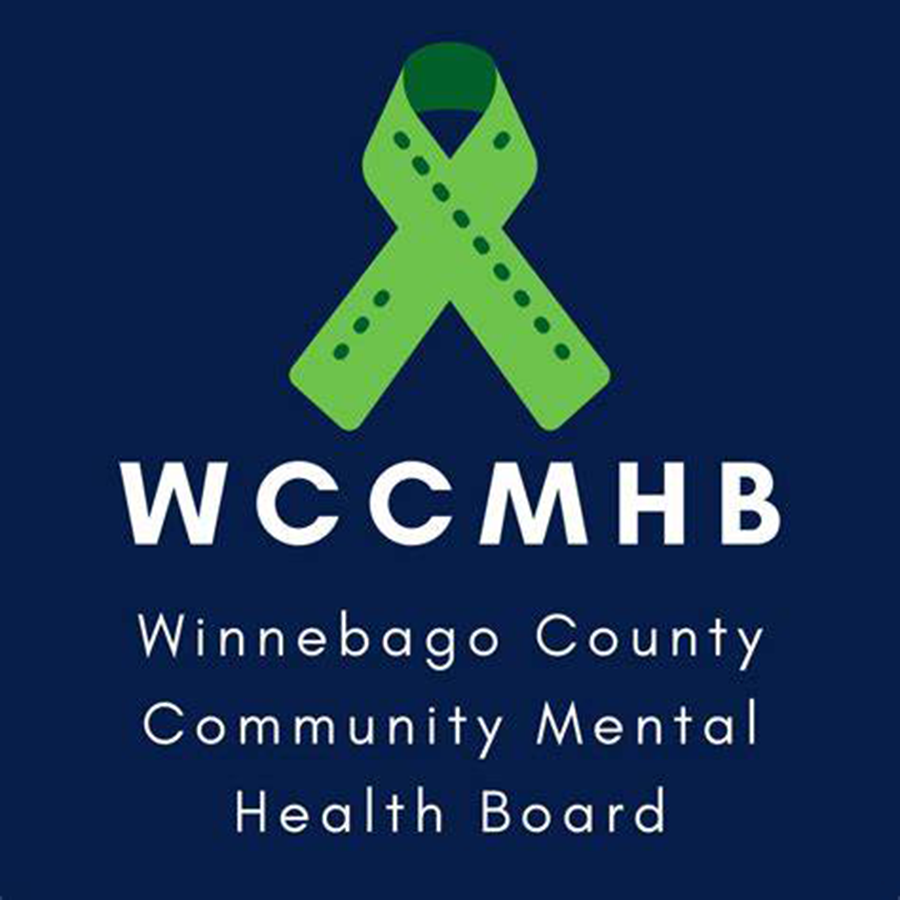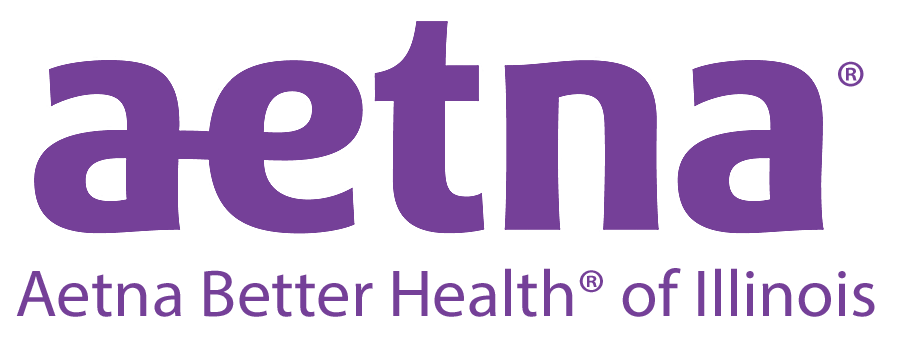Our Services
Day to day living can be adversely affected by emotional concerns and mental health conditions. Family Counseling Services is here to help. We provide a safe and supportive environment, with individualized treatment by caring professionals. Our therapists collaborate with you to develop effective solutions to help you improve your life and move forward toward better functioning, greater satisfaction and fulfillment.
FCS therapists understand the full spectrum of mental health conditions, are educated in the application of a variety of proven therapeutic techniques — including art therapy, CBT techniques, play therapy and more — and provide trauma-informed care, to help you get the treatment best suited for your situation.
At times, the schedules of our therapists may fill up because of their particular expertise. We encourage you to call now to reserve your time on their schedule.


We can help with a variety of challenges and life circumstances such as:
A mood state in which an individual anticipates future danger or misfortune with apprehension. Those who are adversely affected by anxiety are plagued by a sense of having no control over challenging life situations and of being unable to predict them. Problematic when it begins to significantly interfere with the demands of daily living, particularly in social/occupational functioning.
Depression is a common but serious mental disorder that causes persistent feelings of sadness and loss of interest in life. It interferes with daily activities and can negatively affect our emotions, thoughts, and actions. A therapist can help with identifying negative thought patterns and behaviors and assist in discovering positive ones.
Mood disorders are a broad class of disorders that affect one’s emotional state. Mood disorders can cause disruption in everyday life, with various symptoms including sadness, hopelessness, fatigue, irritability, trouble sleeping, changes in eating patterns, and anger.
Adjustment disorders are stress related conditions. Experiencing more stress than normally would be expected in response to a stressful or unexpected event, and the stress causes major problems in normal day to day functioning. Treatment can be short-term and help strengthen coping skills and resiliency.
When a person experiences or witnesses a traumatic event, it is normal to feel fear, worry, and uncertainty. In some people, feelings of intense fear can persist long after the original trauma happened. People with PTSD often experience panic, intense fear when reminded of the traumatic event, and sensitivity to certain triggers such as sounds or touch. Other symptoms are common such as nightmares, flashbacks, intrusive thoughts, and mood changes. Common and effective therapies can help ease these feelings.
At times a person may struggle with intense, painful feelings they can’t express, and may resort to methods of alleviating that pain that are self-destructive. Cutting, and other means of self-harm are cries for help and an attempt to deal with pain, that may temporarily help but is not able to really solve the problems the person is facing. Therapists can explore the issues with the person and help them find a solution that does not involve self-harm.
Often as we encounter various events and trauma in life our estimation of our own worth can be diminished, usually resulting in a much lower sense of self-esteem. This can be self-defeating and keep us from fulfilling our dreams and goals. Therapy can help people find balance and overcome negative thoughts about self-worth.
Being LGBTQIA+ is absolutely NOT a mental illness, but many struggle with mental health issues. LGBTQ+ people can face social stigmas as a result of their non-conforming sexual or gender identities. They may struggle with their identity and/or struggle with society’s oppression of sexual and gender minorities.
Trauma is an event, a prolonged event, or a series of events that are stressful, frightening or distressful. They range from acute – one event, to chronic – a prolonged event such as domestic violence or childhood abuse, or complex – a series of varied events, usually of an invasive and personal nature. Trauma can be debilitating, and a therapist can help process the resulting emotions and issues to overcome the impact of trauma.
Grief and loss encompass much more than the death of someone close to you. Losing a job, moving, divorce, children leaving “the nest”, health issues, are other kinds of losses a person can experience. There are no rules for grief and everyone experiences loss and grief in their own way. We are here to work with clients to find meaning in life after loss.
Disordered eating is a term used to describe a non-normative pattern of eating that includes many different types of eating, such as yo-yo dieting, and a focus on calories and weight. Weighing every day, only eating certain types of food, or restricting hours to eat, are all some of the different ways eating can become disordered. A therapist can help develop a healthy relationship with food, and also determine if a focus on food has developed into a larger problem such as a full blown eating disorder or not.
Stress is something we all have experienced, especially during the current pandemic. The mental and emotional strain that results from adverse and demanding circumstances, any type of change that causes physical, emotional, or psychological strain can really take us down mentally and even physically. A therapist can help identify stressors and teach methods of coping with that stress, as well as developing resilience to it’s influence.
Attachment issues can develop in young children who have problems with emotional attachments to others. Parents, caregivers, or physicians may notice that a child has problems with emotional attachment as early as their first birthday. Children with these difficulties may react differently to caregivers if their attachments were disrupted during early caregiving.
Understanding why a person hoards and how to feel less anxious when throwing away items. Organizational and decision-making skills to manage possessions.
Domestic violence is a term used to represent the specific relationship between the victim and the perpetrator, and indicates someone in the person’s immediate relations, partners, ex-partners, close friends or family. Domestic violence can be identified in at least four different forms, Physical – behavior that is violent, can include sexual violence, Emotional – behavior that is usually verbal and cutting, resulting in loss of self-esteem, Economic – behavior that aids in the abusive partner in controlling the victim by means of controlling the finances, and Psychological – behavior resulting in a victim’s loss of any sense of independence or ability to be independent, feeling unworthy and worthless. It is imperative that a person in this situation seek help from a qualified therapist.
Physical abuse occurs when a perpetrator commits a physical act upon another person resulting in injury to that victim. This can include punching, beating, shaking, throwing, kicking, biting, burning and more. The perpetrator often is out of control with rage and anger. The resulting harm to the person’s mental health is something that a qualified therapist can help the person deal with and move past instead of being stuck in a cycle of abuse that, without intervention, often repeats itself in their lives.
Sexual abuse occurs when a perpetrator exhibits any unwanted behavior that results in touching the intimate parts of another person, with or without clothes, for the purpose of sexual gratification of the victim or the perpetrator. This act / these acts may or may not cause physical injury or pain to the victim, but causes emotional trauma that can last into adulthood. A qualified therapist can help the victim find healing and wholeness again, and freedom to grow past these traumatic events that keep a person stuck in their emotional growth.
A disability is any condition of the body or mind that makes it hard for the person with that condition to live. This can be an impairment of the mind that makes decision making hard for that individual, an impairment of the body making the person’s activity limited or more difficult to ambulate, or an impairment that restricts the person’s ability to participate in their world. People with disabilities often struggle with more health issues than their peers without disabilities. This group is often referred to singularly, but it’s important to remember that this is a diverse group of people who can be affected in very different ways. A therapist can help people with disabilities cope with their diverse needs.
Parent-child conflicts, communicating, motivating and disciplining children, disagreements between parents over child rearing practices, relationships and boundaries with adult children who have returned home.
Divorce can be both physically and mentally devastating to both partners, even if it is the best thing for each of them. Understanding significant despair that can persist for weeks or months, the disruption of basic functioning like sleep, appetite, and concentration, and inappropriate behaviors like self-harm, violence, rage, impulsivity, risk-taking, and isolating from friends and family are all warning signs that you need to seek professional help. Our counselors are able to help you find the relief you need to grow and live again.
Conflicts among stepchildren and stepparents, adjustment difficulties among stepchildren, problems with favoritism.
Understanding the aging process, managing the stresses of helping elderly parents while parenting your own children, communication problems among the generations. Issues of isolation for the elderly.
Developing and maintaining positive communication and a healthy relationship, conflict resolution, infidelity, separation and threats of divorce.
Resolving relationship difficulties with family, friends or at work, reducing stress with others, reducing personality conflicts, increasing healthy relationships.
Communication is the basic building block of a person’s relationships in life. Under certain circumstances communication is really hard for some people, and their ability to know others and to be known by others is hindered to the point of deep emotional pain. Our therapists can help when a person is struggling with communication so they will be able to relate to others their thoughts, feelings, and needs, as well as being able to hear the same from others in their life. You can get past this issue and find help and hope here.
Truancy, behavior problems, academic failure, bullying, difficulty making friends. Managing the impact of COVID-19.
Conflict or stress with employer or coworkers, job satisfaction, job performance, absenteeism, unemployment.
Functioning at home or on the job, developing a positive self image, resolving and healing from past issues.
Learning the skills to express anger in non-violent ways, resolving conflicts without becoming abusive, focusing on attitude and belief change.
Each person and situation are unique. Your therapist will use a therapy appropriate for you. Some of the therapy types used at FCS include:
Through CBT people learn how their thought process influences their behavior, and how to adjust their thought patterns to develop positive reactions to challenging situations. CBT is a structured approach focused on treatment goals for each therapy session and usually involves homework to reinforce the therapy.
This type of therapy is used to help people who’ve survived traumatic experiences, such as sexual, physical, and/or mental abuse. Trauma can lead to guilt, anger, feelings of powerlessness, self-harm, acting out, depression, and anxiety. The goal of this treatment is to help clients reduce negative feelings, develop coping skills, and ease emotional distress.
A modified form of cognitive therapy that incorporates mindfulness practices such as present moment awareness, meditation, and breathing exercises to help people develop a more positive thought process and improve mood disorders, especially depression.
Functional Family Therapy is designed to help families with children ages 11-18 who are displaying behavioral issues such as substance abuse, truancy, disrespect of rules and authority figures, or engaging in illegal activities. The goal is to increase positive and decrease negative behaviors, improve family relationships, and help prevent more serious problems for the child with the behavior issues.
Polyvagal theory uses both the brain and body, working together, for healing. Much like our bodies tell us when we are hungry, thirsty, hot, or cold, and such, there are many more message the nervous system provides that are below our awareness. We work with clients to help teach how their body’s nervous system can guide the road to healing.
EMDR is an effective and widely used therapy for the treatment of PTSD and other disorders. It helps to change the way the brain recalls traumatic memories and enables the client to remember the memory without experiencing all of the distress.
Utilizes play, children’s natural medium of expression, to help them express their feelings more easily through toys instead of words. This is perfect for children between the ages of 3 and 11 to help discuss traumas, feelings, and emotions.
Art therapy utilizes the creative process to help children and adults explore emotions and find new ways to gain personal insight and develop new coping skills. Art therapy is used in tandem with other psychotherapy techniques to treat a wide range of mental health issues, challenges and disorders.










